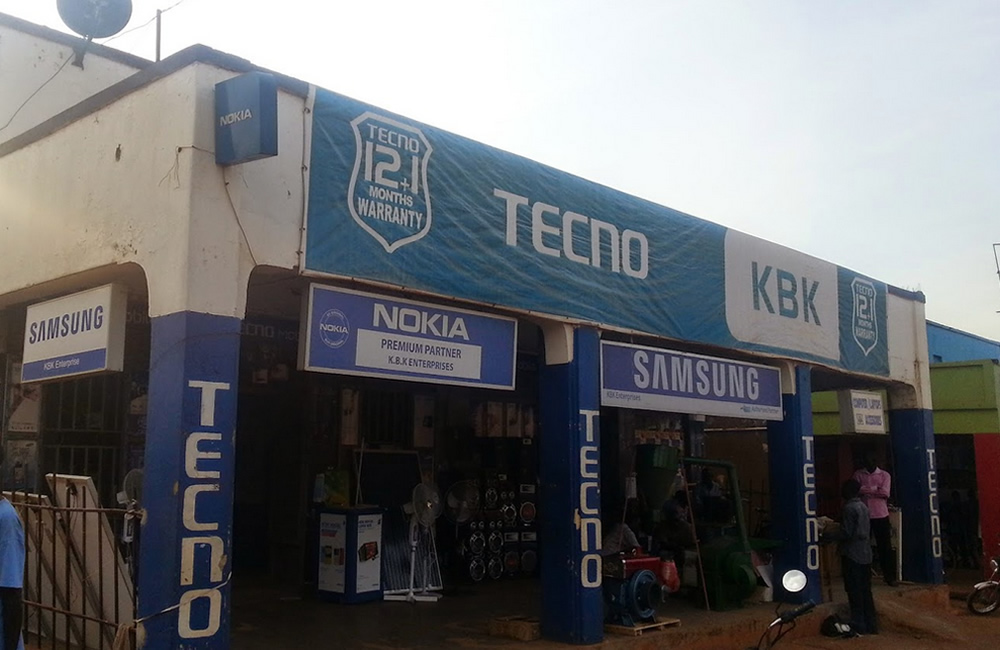Rwanda’s per capita income increases as consumer price index for people living in cities also increases to 2.21 percent, according to data from National Institute of Statistics published in March this year.
The National Institute of Statistics Of Rwanda said food and non-alcoholic beverage prices climbed 4.37 percent from February, led by a 10.55 percent jump in the cost of vegetables.
The price of housing, water, electricity, gas and other fuels rose 2.55 percent in March, while communication costs increased 1.99 percent. Rwanda’s per capita income is now over Rwf600.
Alcoholic beverages and tobacco bucked the trend, falling 3.71 percent month on month. It is believed that food prices raised higher pushing inflation to 8.18 percent from 7.85 percent in data showed in February.
Currently inflation rate for Rwanda as a whole, where food and drink makes up almost two-thirds of the basket, hit 12.08 percent from 9.83 percent a month early months of 2012.
The urban inflation rate, the measure watched closely by the east Africa country’s central bank, rose steadily during 2011 to hit a peak of 8.34 percent in December. It fell off in January but has since resumed an upwards trend.
Economic growth between 2006 and 2011 reduced the number of Rwanda’s 11 million people living in poverty from 57 to 45 percent, according to 2011, UN report.
Health has improved as shown by key indicators. Infant mortality dropped from 86 per 1000 live births in 2005 to 50 per 1000 live births in 2011. The use of contraceptives went from 25 percent in 2008 to 45 percent in just three years.
Rwanda’s infrastructure grew rapidly, with connections to electricity jumping from 91,000 in 2006 to 215,000 in 2011, according to government statistics.
Access to education improved sharply with primary school completion rates for 2011 reaching 79 percent for boys and 82 percent for girls, much higher than the overall targets of 59 percent and 58 percent respectively, while participation in secondary level education doubled from 2006 to 2011.
After 18 years only from the wrecked 1994 genocide, Rwanda’s infrastructure is on a good trend with city malls and commercials buildings in Kigali city like the newly Kigali city tower building.
